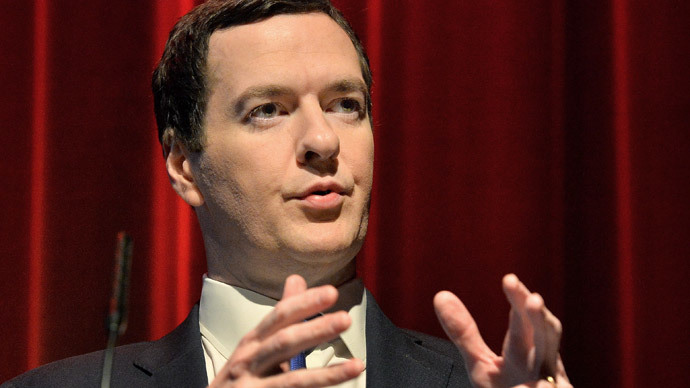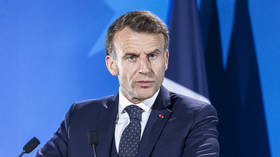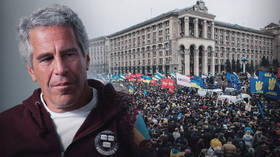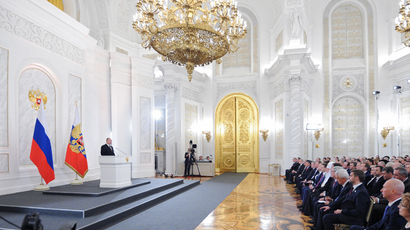‘If you’re evading tax, we’ll find you’ – George Osborne

The UK Chancellor George Osborne is tightening the screws on the tax dodging UK super-rich, as he’s proposing to increase fines for those who hide their money in offshore tax havens and send them to jail even if they didn’t intend to evade tax.
“We are changing the balance of the law so the burden of proof falls on those who are hiding their money offshore and we don't have to prove that they intended to do so,” as the Financial Times quotes George Osborne, who has been at the International Monetary Fund meeting in Washington DC.
The changes would make it easier to bring to justice tax evaders who previously claimed ignorance of the law to escape prosecution, no matter what reason the money was transferred.
“The message is clear with this new criminal offence: if you are evading tax, there is no safe haven and we will find you,” the Chancellor said.
At present UK rules allow prosecutions only in cases when tax officials have cogent and exhaustive reasons the violator intended to evade taxes.
George Osborne also said that the size of penalties and punishments will be significantly increased under the new legislation. Details will be published next week. Currently fines can be up to double the money hidden.
At the same time the Treasury, which says it has recovered more than $2.5 billion from foreign tax evasion, will urge HM Revenue and Customs to reward whistleblowers who "help uncover" untaxed offshore assets.
The Osborne proposal is controversial as critics say there is a fine line between suppression and oppression.
“We must be vigilant to ensure we don’t lose the essential balance between the powers that HMRC needs and protecting individuals,” said Andrew Tyrie, the chairman of the Commons Treasury Committee.
Bill Dowdell, head of tax at Deloitte, told The Times: "It's horrifying. People should not be put in prison unless you can prove intent.”
"I'm shocked to find that an offence which could lead to a prison sentence could be decided on a strict-liability basis."
In recent months, the UK has joined other G20 countries in focusing on moves to share information about tax evasion. At the spring meeting of the International Monetary Fund and World Bank in Washington DC, Mr. Osborne said that "a very important part of our economic plan is that everyone makes a fair contribution.”
Fighting against capital outflow from Russia, President Putin proposed stricter penalties for firms that avoid paying domestic taxes. The companies that wish to register offshore will still be subject to Russian state taxes, and won’t receive any government funding.
They also will be barred from participation in bidding at state auctions, like that of Rosneft. The incurred losses have already directly damaged the state budget, as $111 billion or 20 percent of the country’s exports were "lost" offshore in 2013.













